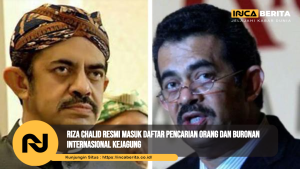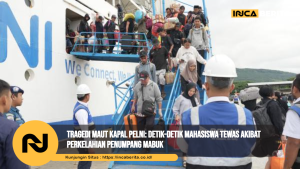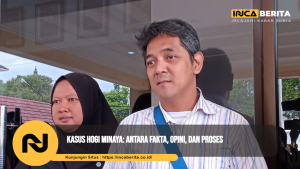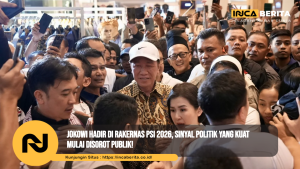World Events Shaping Our Global Future
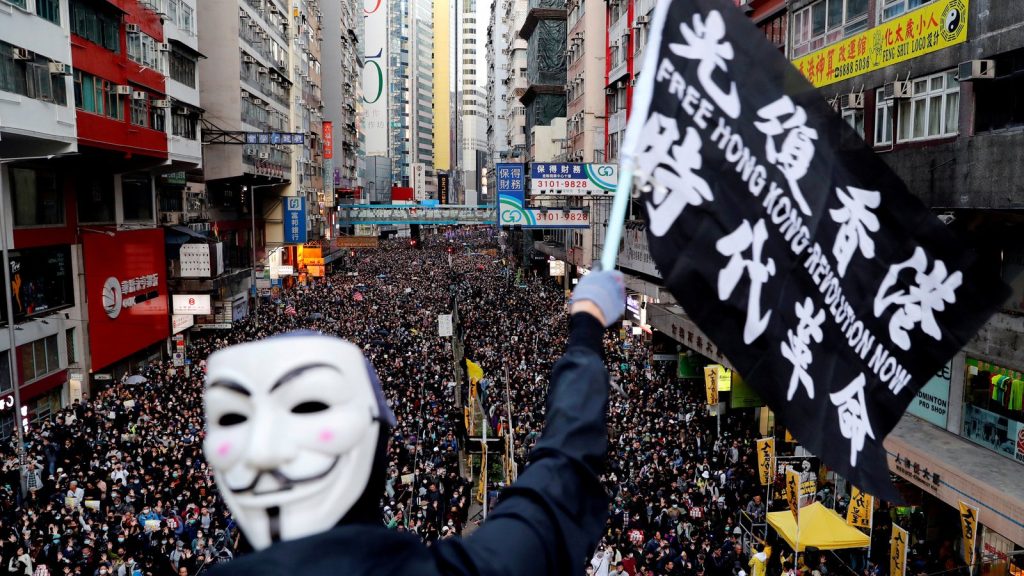
As we navigate through the 2020s, several pivotal world events are fundamentally altering the trajectory of human civilization. These interconnected world events—technological breakthroughs, climate challenges, geopolitical realignments, economic transformations, and social movements—are collectively redefining our global future. Understanding these world events is essential for individuals, communities, and nations seeking to navigate an increasingly complex world.
Technological Revolution: The AI Paradigm Shift
Among the most significant world events of our time is the accelerating advancement of artificial intelligence. This world event represents perhaps the most transformative force of our era. Unlike previous technological revolutions that primarily changed how we work, this world event is fundamentally altering how we think, create, and solve problems.
From Narrow to General AI: A Defining World Event
The rapid evolution from narrow, task-specific AI to increasingly general capabilities has surprised even industry experts. Large language models deployed between 2020-2023 demonstrated unexpected emergent abilities, from medical reasoning to creative problem-solving. By 2024, multimodal AI systems seamlessly integrated text, image, audio, and video understanding, approaching human-level performance across domains previously considered uniquely human.
The economic implications are profound. McKinsey estimates that generative AI could add $4.4 trillion annually to the global economy by 2030, while simultaneously displacing approximately 15% of current work hours globally. This duality—unprecedented productivity gains alongside substantial workforce disruption—represents one of the central challenges for policymakers worldwide.
The Battle for AI Governance
The question of who will shape AI’s development has emerged as a critical geopolitical issue. The U.S.-China AI competition has intensified, with both nations investing heavily in research, talent development, and computing infrastructure. Europe has positioned itself as the regulatory leader, with the EU AI Act establishing the world’s first comprehensive legal framework for artificial intelligence.
Meanwhile, concerns about AI concentration persist. The massive computing requirements for training frontier AI models have limited capability to a handful of organizations, prompting debates about democratization, safety oversight, and whether AI development should be treated as a global public good rather than a competitive advantage.
Climate Crisis: Adaptation and Action
Among the most consequential world events of our era, climate change has graduated from future threat to present reality, with profound implications for global stability. This ongoing world event continues to reshape geopolitical priorities and economic systems worldwide.
Acceleration Beyond Predictions: Climate World Events
Recent data reveals climate systems changing more rapidly than predicted in earlier models. The Arctic has warmed nearly four times faster than the global average, accelerating ice sheet melt and threatening coastal communities worldwide. The 2023 global temperature anomaly exceeded previous records by an unprecedented margin, while ocean heat content reached levels unseen in modern human history.
These developments have triggered cascading effects: strengthened hurricanes, intensified wildfires, prolonged droughts, and disrupted agricultural systems. Climate migration has begun in earnest, with the World Bank estimating that up to 216 million people could be displaced within their own countries by 2050 without decisive action.
The Energy Transition Accelerates
Despite these alarming trends, the renewable energy transition has gained remarkable momentum. Solar and wind power have become the cheapest forms of new electricity generation in most markets, driving exponential growth. Global renewable capacity additions reached record levels in 2023, with projections suggesting renewables will surpass coal as the largest source of electricity generation by 2025.
Battery technology advancements have similarly accelerated, with energy density improvements and cost reductions exceeding most forecasts. This progress has accelerated electric vehicle adoption while enabling grid-scale storage solutions essential for managing intermittent renewable generation.
The geopolitical map is being redrawn around critical minerals required for this transition. Nations with significant lithium, cobalt, and rare earth deposits are experiencing newfound strategic importance, while traditional petrostate economies face existential questions about their future relevance.
Geopolitical Realignment: A Multipolar Reality
Recent world events have reshaped the international landscape as the post-Cold War order has given way to a more complex multipolar arrangement with significant implications for global stability. These geopolitical world events continue to unfold with far-reaching consequences.
The Fracturing of Globalization: World Events Reshaping Trade
After decades of deepening economic integration, the global economy has entered a period of fragmentation. Supply chain vulnerabilities exposed during the COVID-19 pandemic, combined with increasing geopolitical tensions, have accelerated “friendshoring” and regionalization. Critical industries from semiconductors to pharmaceuticals have become national security priorities, with major economies implementing industrial policies that prioritize resilience over efficiency.
This shift has particular implications for developing economies that historically leveraged export-oriented manufacturing as a development pathway. New models emphasizing domestic markets, services, and digital infrastructure are emerging, though their long-term viability remains uncertain.
Power Centers and Flashpoints
The United States continues to possess unmatched military capabilities and financial influence, but its relative power has declined amid internal political polarization and the rise of competing centers. China’s economic and technological advancement has positioned it as a systemic rival to Western-led institutions, while Russia has demonstrated its disruptive potential despite economic limitations.
Regional powers including India, Brazil, and Indonesia have gained influence, increasingly charting independent courses rather than aligning with either American or Chinese preferences. Multilateral institutions designed for the post-WWII order struggle to address contemporary challenges, leading to ad hoc coalitions around specific issues.
Several flashpoints threaten this precarious balance. Taiwan remains the most dangerous potential collision point between great powers, while ongoing conflicts in Ukraine and the Middle East highlight the fragility of regional security arrangements. The South China Sea, Korean Peninsula, and various contested territories from Kashmir to the Arctic present additional risks of miscalculation.
Economic Transformation: Beyond Traditional Growth
Major economic world events are driving structural changes that challenge conventional thinking about prosperity and development. These world events in the financial and economic spheres are reshaping priorities for nations and businesses alike.
Demographic Inflection Points: World Events Changing Population Dynamics
For the first time in modern history, much of the world faces demographic contraction rather than growth. China’s working-age population has begun declining, while Europe, Japan, and South Korea face accelerating demographic challenges. Only Africa and parts of South Asia maintain significant population growth trajectories, creating vastly different economic priorities across regions.
These shifts have profound implications for everything from housing markets to pension systems, healthcare delivery to consumer spending patterns. Nations with aging populations face increasing fiscal pressure and potential innovation deficits, while those with youth bulges must generate sufficient economic opportunities to maintain social stability.
Redefining Economic Success
Traditional economic metrics focused on GDP growth are increasingly recognized as insufficient measures of societal wellbeing. Alternative frameworks incorporating environmental sustainability, inequality, social cohesion, and quality of life measures have gained traction among policymakers and citizens alike.
The concept of the care economy—encompassing childcare, elder care, healthcare, and education—has gained recognition as both an economic necessity and potential growth sector. Similarly, the regenerative economy focused on environmental restoration rather than extraction has emerged as a framework for aligning economic activity with planetary boundaries.
Social Movements: Identity and Belonging
Significant world events related to social movements have emerged amid these structural changes, bringing fundamental questions about human identity and social organization to center stage. These social world events are reshaping political landscapes and cultural norms globally.
Digital Tribalism and Democracy: World Events in the Information Age
Social media platforms have transformed how individuals develop their worldviews and choose their affiliations. While enabling unprecedented connection and organization, these technologies have also facilitated identity-based polarization and information siloing. Democracy has proven vulnerable to these dynamics, with declining trust in institutions and rising support for populist or authoritarian alternatives across both established and emerging democracies.
The tension between global connectivity and local identity has intensified accordingly. Cultural and religious traditionalism has resurged in many societies as a counterbalance to perceived homogenization, while simultaneously, transnational movements around climate action, economic justice, and human rights have mobilized across borders.
The Human Search for Meaning
Against this backdrop of technological, environmental, and social transformation, humanity faces profound questions about purpose and meaning. Traditional sources of identity—religion, nationality, occupation, community—have weakened in many societies without clear replacements. The resulting void has contributed to epidemics of loneliness, addiction, and mental health challenges across otherwise disparate societies.
Yet this disruption has also catalyzed exploration of new social arrangements and value systems. Experiments in community building, from intentional neighborhoods to digital cooperatives, have proliferated. Renewed interest in spiritual and contemplative traditions has emerged alongside secular approaches to meaning-making and collective purpose.
Navigating the Path Forward: Responding to World Events
These concurrent world events—technological, climatic, geopolitical, economic, and social—create unprecedented complexity for decision-makers at every level. No single nation or organization can address the challenges posed by these world events in isolation, yet coordinated global action faces significant headwinds from competing interests and divergent values.
Several principles may help navigate the uncertain terrain created by these transformative world events:
- Resilience over efficiency: Building redundancy and adaptability into critical systems, from food production to energy generation.
- Pluralism over uniformity: Recognizing that different societies may follow distinct development paths while maintaining minimal standards of human dignity and planetary stewardship.
- Long-termism in institutions: Designing governance structures that safeguard the interests of future generations alongside present concerns.
- Technological humility: Approaching powerful new capabilities with appropriate caution and ethical frameworks rather than blind techno-optimism.
- Regenerative thinking: Moving beyond sustainability toward approaches that actively restore natural and social systems.
The coming decades will test humanity’s capacity for cooperation, creativity, and moral imagination in response to these defining world events. The challenges presented by current and emerging world events are daunting, but history suggests that periods of greatest disruption often unlock new possibilities for human flourishing. How we respond to these pivotal world events will shape the trajectory of civilization for generations to come.

